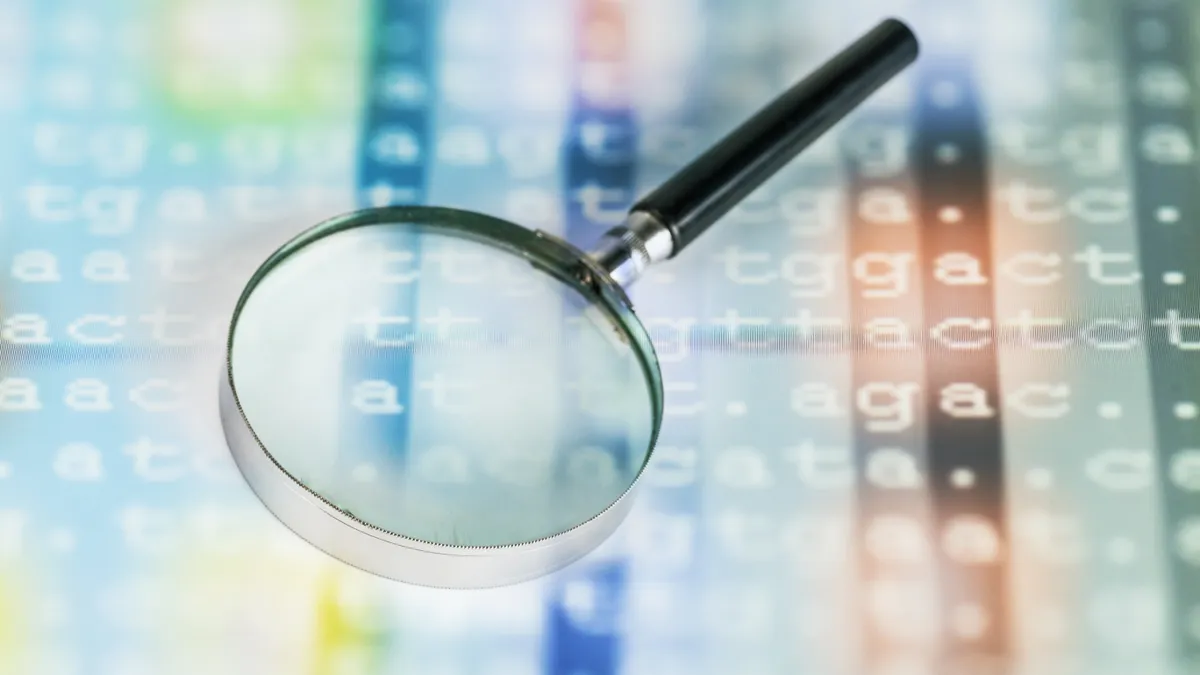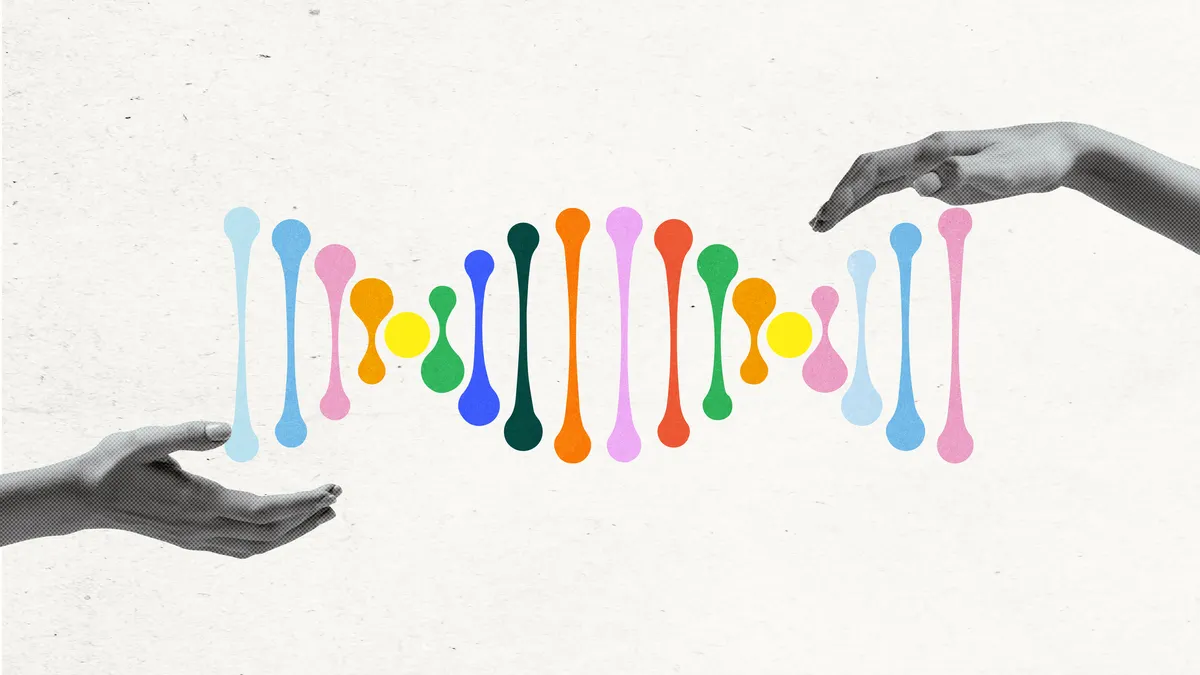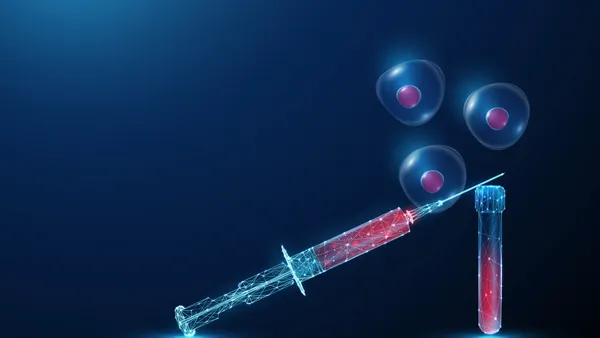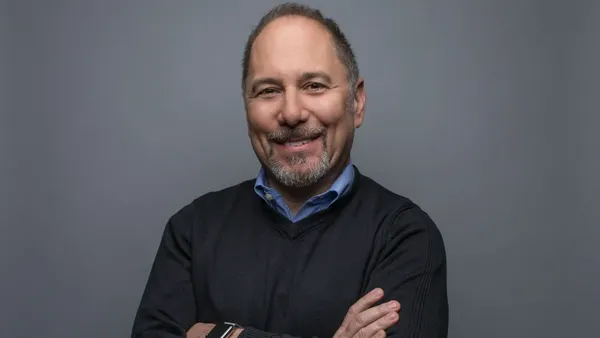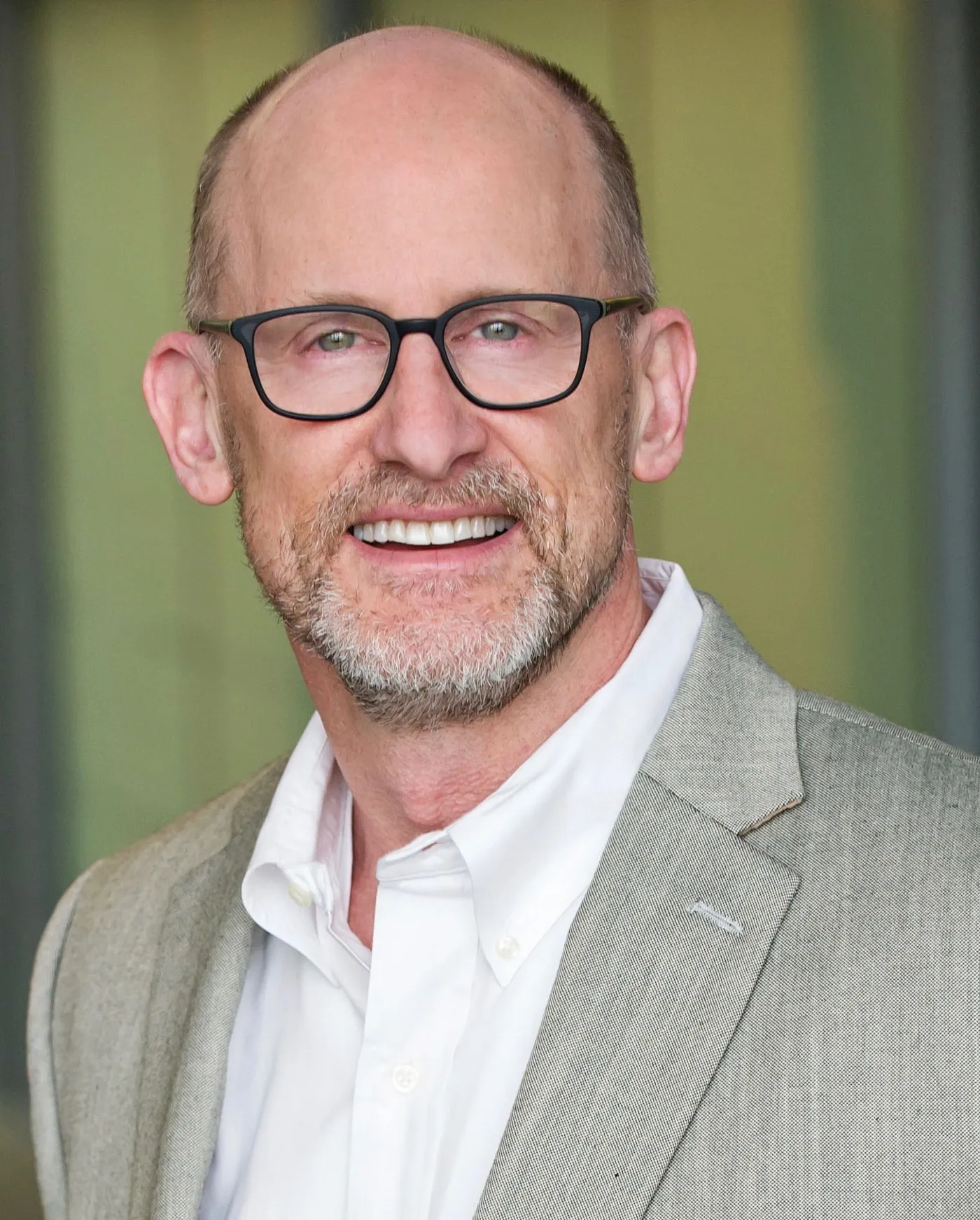
As researchers understand more about genetics and the human genome, the sheer amount of data can be overwhelming. The vast landscape of genetic information from past publications holds a wealth of knowledge — if it can be unlocked in an organized way.
Genomenon is a software company based in Ann Arbor, Michigan, that has created one of the leading search engines for finding scientific publications with genetic content. And with about 15,000 peer-reviewed articles published every week, that’s a big undertaking.
To help hone its AI system — called Mastermind — Genomenon last month acquired contract genomics company Boston Genetics, a longtime science partner of theirs. The goal is to improve curation of their human genome database to help pharma companies and researchers review past studies more thoroughly and quickly.
For Genomenon CEO Mike Klein, the move was a no-brainer.
“We had already decided we’re going to go all in on curating the genome — I think Boston Genetics looked at that as being very intriguing, as well as the opportunity to scale that part of the business much faster by combining forces,” Klein said.
"By acquiring Boston Genetics, we can start building off-the-shelf datasets by curating the entire genome that can be available for researchers."

Mike Klein
CEO, Genomenon
We spoke to Klein about how Genomenon started as a genetic research search engine, what the Boston Genetics acquisition will mean for the companies moving forward, how pharma clients use the vast databases of genetic information and what the future has in store with tools like this.
This interview has been edited for brevity and style.
PHARMAVOICE: Before we talk about the acquisition, can you tell me a little about Genomenon and how AI fits into the genomics equation?
MIKE KLEIN: The basic premise behind Genomenon is that there’s millions of years of genomics research that’s locked into publications, and from either the clinical side or the pharma side, the question is, how do you take all of that research and organize that into a something that is easy for a genetic researcher to leverage? Of the 30 million plus articles that are in PubMed, about 9.2 million of those have genetic content. So what we’ve done is build an AI engine that allows us to go in, find that genomic information, find the associations to disease and therapies across publications and normalize it so there is a search capability.
How do you combine that with Boston Genetics’ contract genomics business?
Essentially, we’ve built an in-house team that has the scientific expertise to do this original curation work that we’ve been delivering. Boston Genetics has been a contractor providing additional resources, and so it lays really easily into our operations. A lot of the variant science and interpretation work they were doing was for clinical labs, so we’re going to expand that capability to address the needs of pharma companies, as well. And we’re leveraging more and more of those resources to bring that into our focus on curating the genome.
We had been one of Boston Genetics’ first customers and then over the last three and a half years we became their biggest customer. And when they approached us and said they were thinking of selling the company, it made sense to bring those two pieces together.
You’ve worked with some big pharmas, including AstraZeneca as of 2021. How does that type of partnership work and how will Boston Genetics play into that?
What we’ve typically done with our pharma customers is deliver what we call genomic landscapes as they build clinical trials or companion diagnostics — an understanding of every gene and every variant, the pathogenicity of those variants, the functionality or loss of function and the drivers behind those variants. By acquiring Boston Genetics, we can start building off-the-shelf datasets by curating the entire genome that can be available for researchers.
A lot of what researchers are asking very early on is, what are the genetic drivers of the disease? So we take all this knowledge and past research that’s been done, and we can get a deeper insight into the process of drug discovery efforts. The first step is understanding what they’re looking for, such as specific genomic biomarkers or a very rapid natural history study showing every patient that’s ever given insight into the disease. We’ve worked with pharma companies to better understand disease prevalence out there from a genetic perspective to get a better scientific basis.
AI is a very buzzy word at this point, and sometimes we gloss over some of the details of how an AI system actually works. Can you talk about how your Mastermind program came about?
We had to create our own genomic language processing — natural language processing doesn’t work very well, we found, when you’re trying to leverage it for genomic data because there’s nothing natural about the way it is described in the literature. So we had to build our own bespoke set of algorithms to drive and continue to refine that.
And on the other hand, we’re leveraging some of the machine learning models on the curation side to help us better organize the data that scientists will review. I’m sure you’ve seen some of the challenges where ChatGPT can make stuff up — well, the beauty of having an expert on the other side is you cut through that. You really get to say, ‘OK, we need to look at the literature and the scientific evidence and put it at the fingertips of our scientists,’ but we’re not asking it to put together narratives that may or may not be true.
What is the measure of success of your AI? How do you know that it’s getting better and going in the right direction?
One of the tools we have inside our search engine is a feedback capability so that our customers are telling us, ‘Hey, I found this and it doesn’t make sense.’ They can identify false positives and false negatives. And that information goes right back to our development team to tweak the algorithms and make sure we’re not missing those in the future. And when we’re going through and leveraging machine learning to identify and queue up articles, researchers from Boston Genetics can give us a very tight closed-loop on that side as well.
More broadly, tell me what you see as the future of genetic medicine. What’s in store?
As we look more and more at precision medicines, you’re seeing this play out on the oncology side, on the rare disease side, as well as with other well-known genetic diseases — just understanding every piece of innovation that’s out there helps identify which patients are going to be served by particular treatments.
Another interesting and exciting opportunity is in newborn screening. Today, they’re only looking for a couple dozen different biomarkers, but with genome sequencing, it will be possible to look across thousands of rare diseases and change the trajectory of that baby’s life and the family’s going forward. We’re working with the Rady Children’s Institute for Genomic Medicine on a couple of pilot programs to be able to pre-adjudicate every variant that’s ever been seen in the publications and be able to use that for screening. So you don’t need a scientist in the middle, which can be very expensive.



